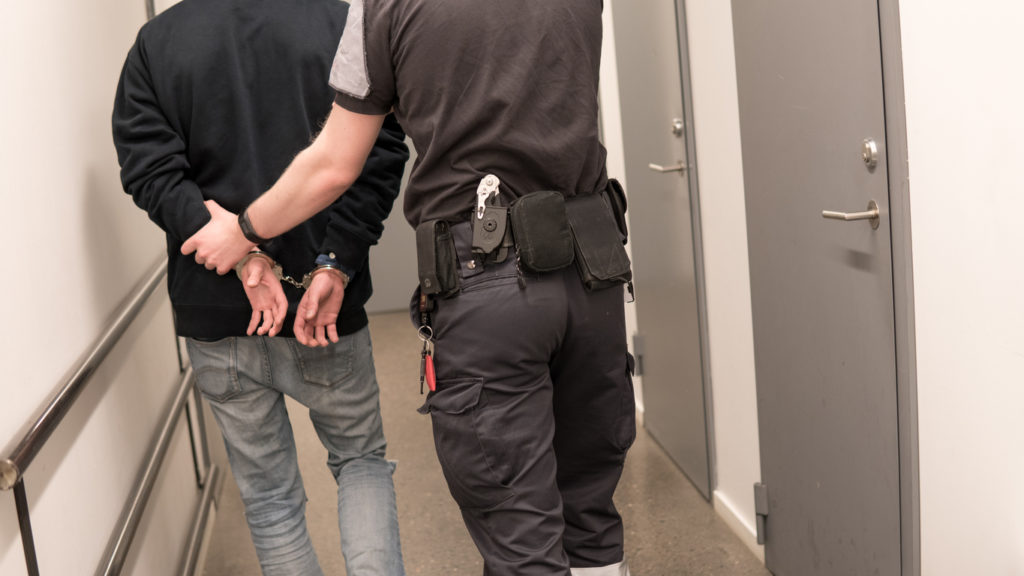TCJS Cites a County Jail in Texas for Non-Compliance Related to the Use of Restraint Chairs – Part 4

Previously in this series, some of the information applies to juveniles specifically, though all restraint devices used in juvenile detention facilities are also used in jails for adults. The minimum jail standards set out by the Texas Commission on Jail Standards (TCJS) provide the following rules for incarcerated adults being kept in restraints. Each of them relates to the requirements for inmates to receive medical care while in restraints.
- After two hours in a restraint device, an inmate must receive medical care that includes the following:
- Allow the inmate to change positions and exercise extremities
- A medical professional will take vital signs
- The medical expert will determine whether the inmate has any medication needs
- Allow the inmate to drink liquids and take in nourishment
- Offer toilet facilities
- Restraints cannot be used on an inmate who is confirmed to be pregnant or who has given birth in the previous 12 weeks with the following exceptions:
- A supervisory member of the staff determines that the use of restraints is necessary to prevent a credible and immediate risk of an escape attempt;
- The inmate is a serious and immediate threat to the safety and health of the inmate, jail staff, or any member of the public; or
- A health care expert responsible for the safety and health of the inmate determines that the use of restraints is appropriate for the inmate’s safety and health as well as, when applicable, the inmate’s unborn child.
See Part 1, Part 2, and Part 3 of this series.
All posts on this website are provided as helpful resources. There is never an intention in any of the site’s posts to make any sort of suggestion that an entity or person has been involved in impropriety.
–Guest Contributor
